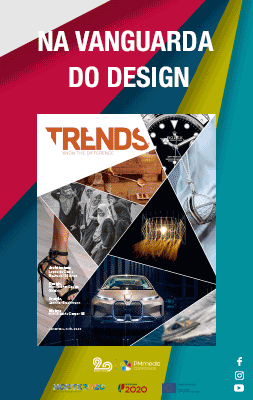
For more than 30 years he has managed Toyota in Angola, currently CFAO Motors Angola, S.A. When it comes to the Japanese brand, electric cars and hydrogen fuelled vehicles, no one knows more about them than he does. A visionary and self-assured, this is Nuno Borges, the man who has been honoured by the Japanese government for the unifying power he wields in Angola-Japan bilateral relations. He took some time out of his busy schedule to talk about what drives him most: Toyota.
You have contributed to the management of CFAO Motors Angola, S.A. for more than 28 years. Tell us about the company’s most important milestones to date.
Starting with the most difficult event, I can’t help but mention the post-election period of 1992, when we lived through times of great uncertainty, between peace and the threat of war, which broke out at the end of the same year. It was very challenging to keep the company going in such difficult circumstances, not only during that period, but also in the years that followed. With regard to the most positive moments, I would highlight the opening of our new headquarters in 2005, where we still are, as well as the enormous growth recorded between 2007 and 2008, in line with the growth in Angola’s GDP and the increase in the price of oil on the international market.
The car industry has undergone significant changes in terms of mechanisation and technology. In fact, the Toyota brand has announced the full electrification of its models in the future. What kind of changes are we talking about?
It’s true that since Toyota launched the Prius hybrid model in 1997, there has been enormous technological progress, with the emphasis on fully electric vehicles and, more recently, the development of hydrogen-powered models. Toyota believes that hydrogen vehicles are the future for achieving carbon neutrality and that electric cars will see great growth in the coming years, especially from 2027 onwards. By then, Toyota will be producing high-performance batteries with a range of up to 1,200 kilometres and the possibility of charging in 10 minutes.
«Electric cars will see great growth in the coming years»
You have contributed to the management of CFAO Motors Angola, S.A. for more than 28 years. Tell us about the company’s most important milestones to date.
Starting with the most difficult event, I can’t help but mention the post-election period of 1992, when we lived through times of great uncertainty, between peace and the threat of war, which broke out at the end of the same year. It was very challenging to keep the company going in such difficult circumstances, not only during that period, but also in the years that followed. With regard to the most positive moments, I would highlight the opening of our new headquarters in 2005, where we still are, as well as the enormous growth recorded between 2007 and 2008, in line with the growth in Angola’s GDP and the increase in the price of oil on the international market.
The car industry has undergone significant changes in terms of mechanisation and technology. In fact, the Toyota brand has announced the full electrification of its models in the future. What kind of changes are we talking about?
It’s true that since Toyota launched the Prius hybrid model in 1997, there has been enormous technological progress, with the emphasis on fully electric vehicles and, more recently, the development of hydrogen-powered models. Toyota believes that hydrogen vehicles are the future for achieving carbon neutrality and that electric cars will see great growth in the coming years, especially from 2027 onwards. By then, Toyota will be producing high-performance batteries with a range of up to 1,200 kilometres and the possibility of charging in 10 minutes.
«Electric cars will see great growth in the coming years»





